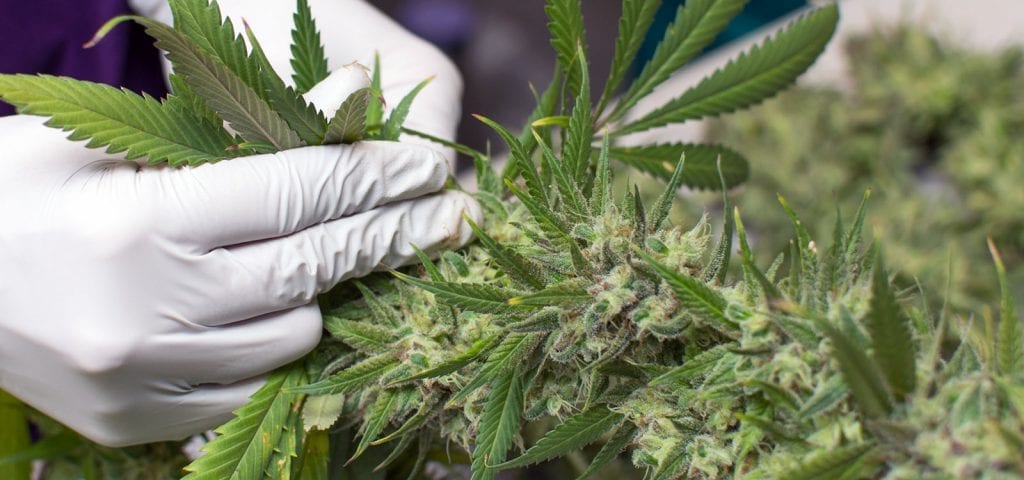Researchers at the Canadian University of British Columbia have identified the part of the cannabis genome responsible for giving strains their unique flavors, uncovering about 30 terpene synthase genes that play a role in producing natural products like limonene, myrcene, and pinene in the plants. The number is similar to those genes that play a role in the grapevine flavor for the wine industry.
Jörg Bohlmann, a professor in the Michael Smith Laboratories and faculty of forestry at UBC, explained that the goal of the study is “to develop well-defined and highly-reproducible” varieties, and compared the cannabis and wine markets – both depend on “defined varities.”
“Our genomics work can inform breeders of commercial varieties which genes to pay attention to for specific flavor qualities,” he said in a statement. “There is a need for high-quality and consistent products made from well-defined varieties.”
Judith Booth, a graduate student working on the research, described the limonene compound as producing a “lemon-like flavor” while mycrene “produces the dank earthy flavor characteristic of purple kush.”
Additionally, the research uncovered a gene that produces beta-caryophyllene – the signature terpene of cannabis – that interacts with cannabinoid receptors in human cells with other active cannabis ingredients.
The study was published in the journal PLOS One.
